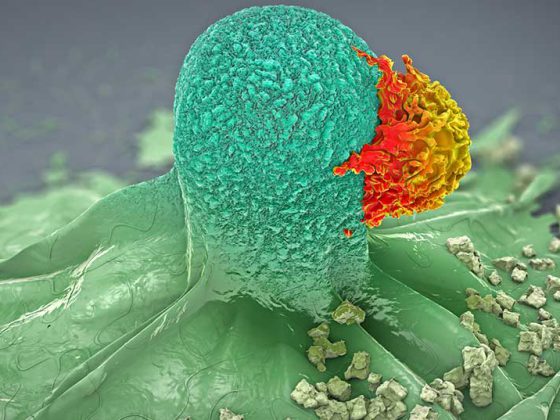Whereas earlier disease concepts assumed that patients with PD would follow a rather uniform clinical course within their disease entities (PD, PSP, CBD, MSA), more recent cohort data show that clinical phenotypes and disease courses actually vary widely within disease entities. What does this mean in practice?
To date, Parkinson’s disease is a clinical diagnosis based exclusively on motor symptoms. Classification is made with regard to symptoms such as akinesia, rigor, tremor, and dyskinesias, among others. However, nonmotor symptoms do not occur only in the prodromal stage. Olfactory disturbances, constipation, sleep disturbances or depression may become apparent throughout the course of the disease. Their breadth and variability therefore often determine the phenotype and variability, reported Prof. Claudia Trenkwalder, MD, Kassel, Germany (D). Studies in a prospective Parkinson’s cohort showed significant progression in both motor function and cognition after only four years. In parallel, predictive factors could be observed. These include, for example, coronary heart disease, hypertension and uric acid. “Therefore, we should keep in mind that comorbid conditions also have an impact on the variability of phenotypes,” she said. Patients who develop REM sleep disorder during or before PD are characterized by more significant cognitive deficits.
Analyze atypical courses more precisely as well
Similar developments can also be observed in atypical Parkinson’s syndromes. These include the synucleinopathies with multisystem atrophy (MSA) and Lewy body disease (LKK), and the tauopathies with progressive supra-nuclear palsy (PSP) and corticobasal degeneration (CBD). Cardinal symptoms of PSP include reduced cognition with fluctuating attention and wakefulness, visual hallucinations with detailed elaboration, REM sleep behavior disorder, and bradykinesia, resting tremor, and/or rigor. An early marker in patients with REM sleep disorder, which is a high risk for developing PD or PSP, is positive RT-QuIC. In the future, MSA will be divided into clinically established MSA and clinically probable MSA. For akinesia, a correlation with putaminal and nigral degeneration could be detected. The decreased responsiveness to L-dopa typical in advanced stages of MSA may be due to a loss of D1- and D2-like dopamine receptors.
Decoding the chameleon
PSP can be divided into different phenotypes based on neuropathological findings. “By characterizing the types in this way, many more patients can now be diagnosed with PSP,” the expert emphasized. In addition to the typical Richardson syndrome (PSP-RS), for example, PSP presents with progressive gait freezing (PSP-PGF), predominant parkinsonism (PSP-P), presominant frontal presentation (PSP-F), or predominant ocular motor dysfunction (PSP-OM). PSP-RS occurs most frequently at 24%, followed by PSP-P at 19% and PSP-F at 18%. Among the most difficult diagnostic classifications is CBD, whose phenotyping followed retrospective classification based on neuropathological studies. Corticobasal syndrome meets current CBD criteria, then frontal syndrome, nonfluent/agrammatic variant of primary progressive aphasia, and PSP syndrome. CBD is also known as the chameleon of Parkinson’s syndromes, which is why attention to the different phenotypes is particularly important. A diagnosis of CBD should also always be considered for aphasic syndromes, Trenkwalder recommended.
Source: ‘Variability in phenotype and progression in Parkinson’s syndromes: neurobiological causes and therapeutic options’, Presidential Symposium, 24 Mar 2022. (German Congress on Parkinson’s Disease and Movement Disorders)
InFo NEUROLOGY & PSYCHIATRY 2022; 20(2): 30.











